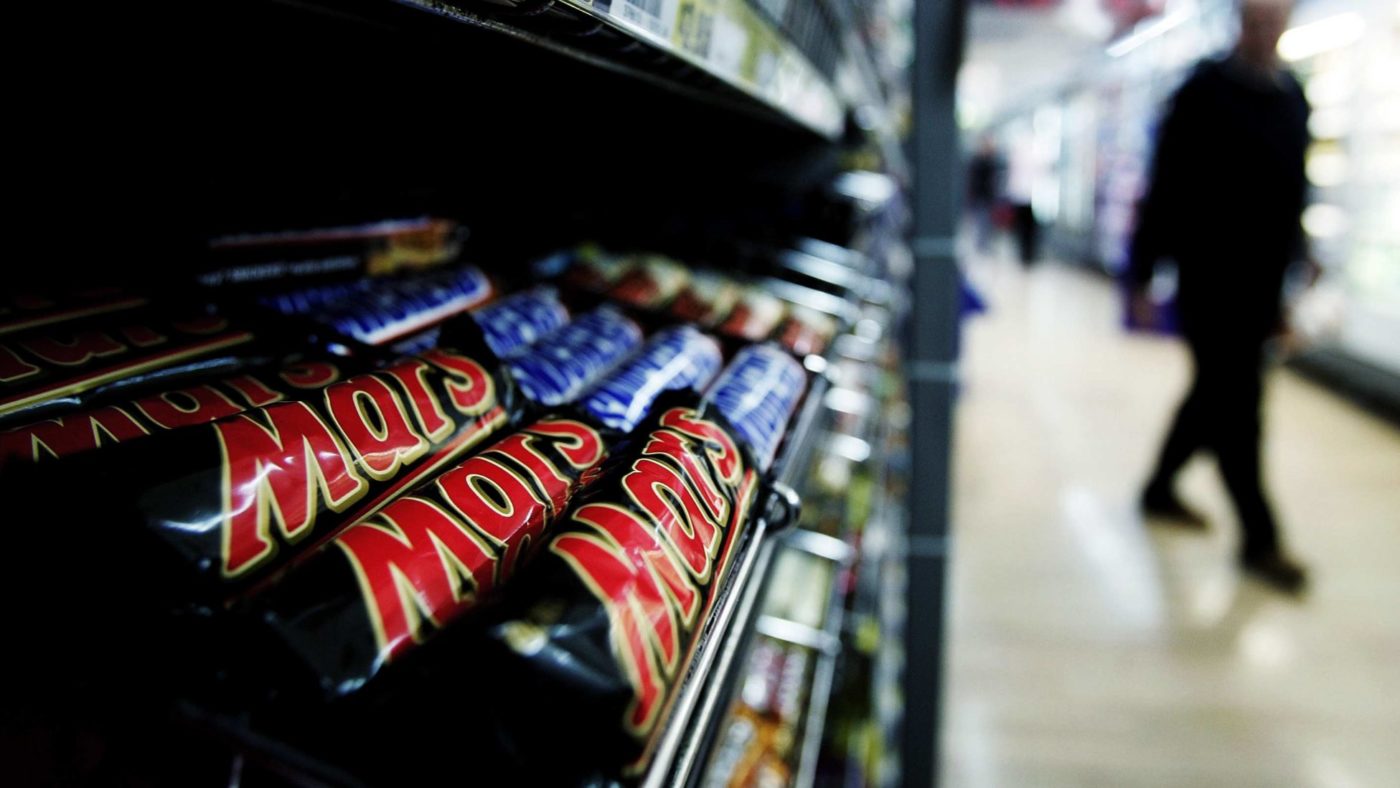‘Brexit bites’, declared the Guardian this week, as it reported that ‘more than 200 products subject to shrinkflation, say ONS’.
The Office for National Statistics had indeed found that products are shrinking. It’s only a shame that the Guardian’s headline-writer hadn’t read the ONS report which rules out Brexit as an explanation in the very first paragraph of its summary…
We identified 206 products that shrank in size and 79 that increased in size between September 2015 and June 2017. There was no trend in the frequency of size changes over this period, which included the EU referendum.
Shrinkflation is not a new phenomenon. Firms have been known to reduce portion sizes in order to keep them below a certain price point for years. Obviously, they can’t keep doing this forever, but it is a tactic that predates Brexit, even if Brexit provided a handy excuse after June 2016.
Interestingly, the ONS notes that the ‘majority of products experiencing size changes were food products’ and that these changes were much more likely to involve products getting smaller than getting larger. Furthermore, they noticed that ‘prices tended not to change when products changed size’.
So what’s going on and why is this blight particularly affecting the food sector? The usual excuses don’t wash. In 2017, the ONS took a look at shrinkflation in the chocolate and confectionery categories and concluded that neither Brexit nor the rising cost of raw materials were responsible. Indeed, the price of sugar and cocoa fell sharply in the 18 months following the referendum and remains relatively low to this day.
One factor that went unmentioned by the ONS was picked up by Reuters yesterday. Under the factually correct headline ‘Brexit not to blame for shrinking UK chocolate bars – ONS’, they noted that…
British manufacturers have been under pressure from public health authorities to reduce the calories and sugar in their products for a number of years.
Indeed they have. Led by Public Health England (PHE), a programme of sugar reduction and food reformulation has been underway for five years, all in the name of tackling the mythical ‘epidemic’ of childhood obesity. The food industry was set a target of reducing sugar in its products by 20 per cent by 2020 and has since been tasked with taking out 20 per cent of the calories by 2024.
When Public Health England first set out on this quixotic crusade, food companies were expected to reformulate their products to meet these arbitrary targets. Viewing sugar, fat, salt and calories as unnecessary contaminants in the food supply, PHE seemed to think that they could be removed as easily as a fly from a bowl of soup. Once it dawned on the bureaucrats that sugar is integral to a bar of chocolate, and calories are inherent in a biscuit, they settled for portion size reduction. Companies would no longer be judged on how much sugar was in 100 grams of a product, but by how much was in a standard portion.
For a vast range of products, shrinkage is the only way to meet the targets. It still requires the public to buy them (PHE is monitoring market share), but the companies know that consumers would sooner have a smaller cake made with natural sugar than a larger cake made with artificial sweeteners.
This is only the start. With the 2020 deadline approaching, manufacturers and restaurants are going to have to move faster if they want to avoid being named and shamed by the government. In a few months’ time, PHE will formally announce calorie caps for individual food products and meals. These caps caused much hilarity when they were leaked over the Christmas period but it won’t be so funny once people realise that PHE is deadly serious.
Limiting calories in everyday food items, backed up with the threat of legal coercion, has been government policy for several years. So too is shrinkflation. They are features, not bugs, of Britain’s ‘health by stealth’ strategy. As its name implies, the idea is to shrink and degrade the food supply without anybody noticing. But people are noticing and the Government is staggering towards an embarrassing fiasco when the full implications of this illiberal, madcap scheme become clear.
It is not too late for a U-turn.


